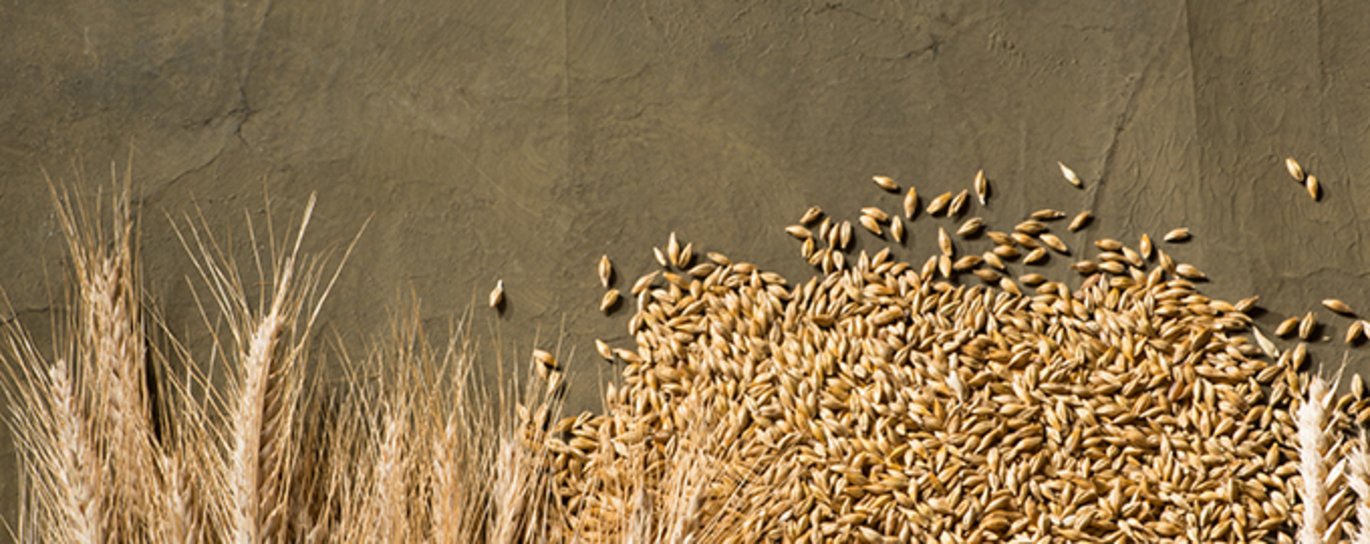Turning waste into valuable ingredients
Researchers and SMEs from four European countries have joined forces to build a biorefinery concept for valorization of canola press cake and spent barley into protein and dietary fiber ingredients.

Annually, million tons of waste is produced by canola oil, brewing and oat industries in Europe. Currently, the side-streams are mostly used as feed, offering a reliable and quick way of disposal for otherwise perishable and costly waste. However, this seriously undervalues the potential for value addition.
But chances are that food-grade compounds can be isolated from the wastes and sold to food processing markets as valuable nutrients.
That is exactly what the research project PROWASTE aims to do. The project, which is funded within the frame of FACCE SURPLUS, brings together experts and SMEs from four different countries. Together they combine technologies from previous successful projects to build a biorefinery concept for valorization of canola press cake and spent barley into protein and dietary fiber ingredients. The concept includes drying of perishable side-stream and fractionation into value-adding ingredients.
Project coordinator Oskar Laaksonen from the University of Turku, Finland explains:
- Generally, the economic benefit of side-streams is limited, and in most cases covers only the costs of waste disposal. In our project, we develop a robust fractionation system for variable side-streams, based on technologies developed for similar products in other industries, and with reasonable investment and running costs. We hope that this, in turn, will enable the production of stable ingredients with a wide range of applications, such as protein isolate, that radically change the economics of the side-stream processing.
The project focuses on side-streams typically produced on farm-level primary processing or by small and medium-sized food enterprises. To have a necessary understanding of the operations on various parts of the food chain, stakeholders from each level are represented in the project
- Partners from both primary production and transformation sectors work together to provide materials to each other and to develop cooperation structures which may provide a basis for local or regional collaboration, Oskar Laaksonen says.
Ingredients such as proteins and dietary fibers are strongly growing markets; the main driver for those market sectors are trends towards more healthy nutrition.
Oskar Laaksonen adds:
- Since there is a global need towards more plant-based foods, we need to exploit the current existing raw materials thoroughly. Everything has to be well-utilized. In this case, the side streams that we are working with could be utilized more efficiently in human foods compared to how they are used to day. The main pre-requisites for the success of these ingredients are their sensory properties and their prices. With the new biorefinery concept, we hope that small and medium-sized enterprises can get a share of the market, which currently is only accessible for big companies and global players.
Further information
Coordinator:
Mr. Oskar Laaksonen
University of Turku, Finland
Email: osanla@utu.fi
Project partners: University of Turku, Finland, Fraunhofer-Gesellschaft zur Förderung der angewandten Forschung e.V., Germany, Wroclaw University of Environmental and Life Sciences, Poland, Center of Food and Fermentation Technologies, Estonia, Polarforma Ltd, Finland, Myssyfarmi Ltd, Finland, Regis Food Technology, Ltd, Poland, Bayerische Staatsbrauerei Weihenstephan, Germany
